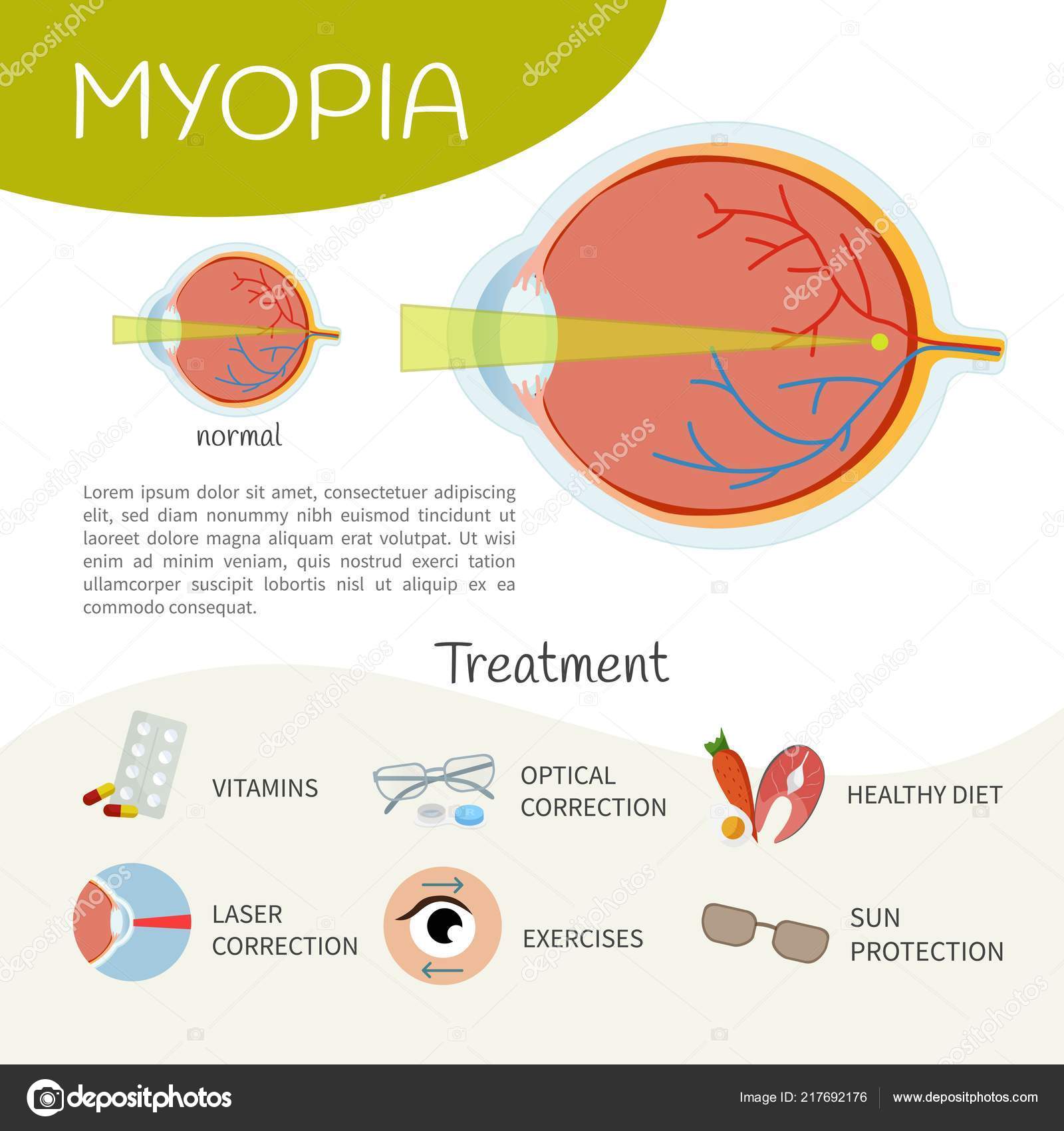Aiding A Loved One Undertaking Cataract Surgical Treatment: Insights From A Caregiver'S Viewpoint
Aiding A Loved One Undertaking Cataract Surgical Treatment: Insights From A Caregiver'S Viewpoint
Blog Article
Material By-Bynum Crosby
As a caregiver supporting a liked one dealing with cataract surgical treatment, your role is essential in guaranteeing their convenience and healing. From pre-surgery preparations to post-operative care, your visibility and support can make a substantial difference in their journey. Understanding the emotional and physical difficulties they may encounter, offering functional assistance, and being their column of support are key elements in this procedure. Remember, your role surpasses just offering help; it has to do with being a source of strength and comfort throughout a considerable phase in their life.
Comprehending Cataract Surgical Procedure Process
Exploring the steps associated with cataract surgical procedure can aid reduce any type of anxiousness or uncertainty you might have about the procedure. Cataract surgical procedure is a common and highly effective treatment that involves getting rid of the gloomy lens in your eye and changing it with a clear man-made lens.
Before the surgical treatment, your eye will be numbed with eye drops or an injection to ensure you don't feel any discomfort throughout the treatment. The specialist will certainly make a small cut in your eye to access the cataract and break it up utilizing ultrasound waves prior to thoroughly removing it.
Once the cataract is removed, the artificial lens will certainly be placed in its location. The entire surgical treatment generally takes about 15-30 minutes per eye and is generally done one eye at once.
After the surgical treatment, you might experience some moderate discomfort or blurred vision, but this is regular and must enhance as your eye heals.
Readying for Surgical Procedure Together
To guarantee a smooth and stress-free experience, getting ready for cataract surgery together can make a considerable distinction in your enjoyed one's journey. Start by attending pre-surgery examinations with them. In this manner, you can ask inquiries, comprehend the procedure, and provide emotional support.
Help them arrange their pre-operative directions, medications, and transport to and from the medical facility. Ensure their home awaits their healing by setting up a comfortable area with very easy accessibility to necessary items.
Help them in arranging for post-operative care if needed, such as assist with meals or house jobs. Encourage them to follow the physician's recommendations relating to fasting before surgical procedure and medicine methods.
Guarantee them that you'll be there for them every action of the means. By proactively joining the prep work procedure, you can alleviate anxiousness and make sure that your liked one feels supported and cared for during this important time.
Post-Operative Treatment Tips
After cataract surgical treatment, offering correct post-operative treatment is important for your loved one's recuperation. Guarantee they wear the protective guard over their eye as advised by the medical professional. Help them provide recommended eye declines and drugs in a timely manner to avoid infection and aid healing.
Urge your loved one to avoid touching or scrubing their eyes, as this can result in difficulties. Assist them in adhering to any kind of restrictions on bending, lifting heavy objects, or participating in strenuous activities to avoid stress on the eyes. Ensure Traditional LASIK go to all follow-up appointments with the eye doctor for checking progress.
Keep the eye area tidy and completely dry, preventing water or soap directly in the eyes. Encourage your enjoyed one to wear sunglasses to shield their eyes from intense light and glare throughout the healing process. Be patient and supportive as they recoup, supplying support with daily jobs as required.
Conclusion
To conclude, supporting an enjoyed one through cataract surgery includes being there every step of the way, from pre-surgery prep work to post-operative treatment. Your emotional support, useful aid, and support can make a substantial distinction in their recuperation process. By remaining educated, arranged, and conscientious to their needs, you can help ensure a successful end result and provide them with the convenience and reassurance they require during this tough time.
